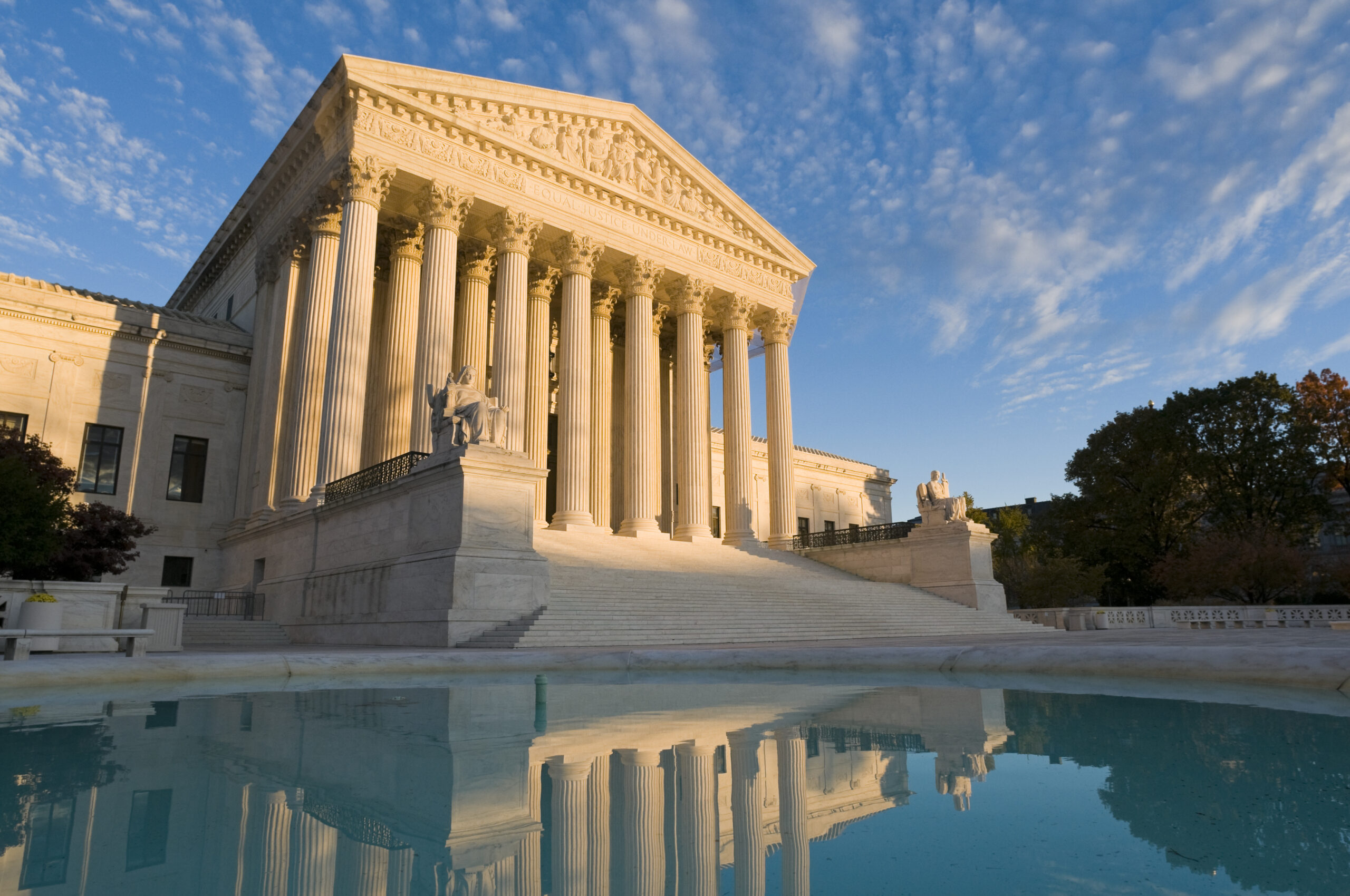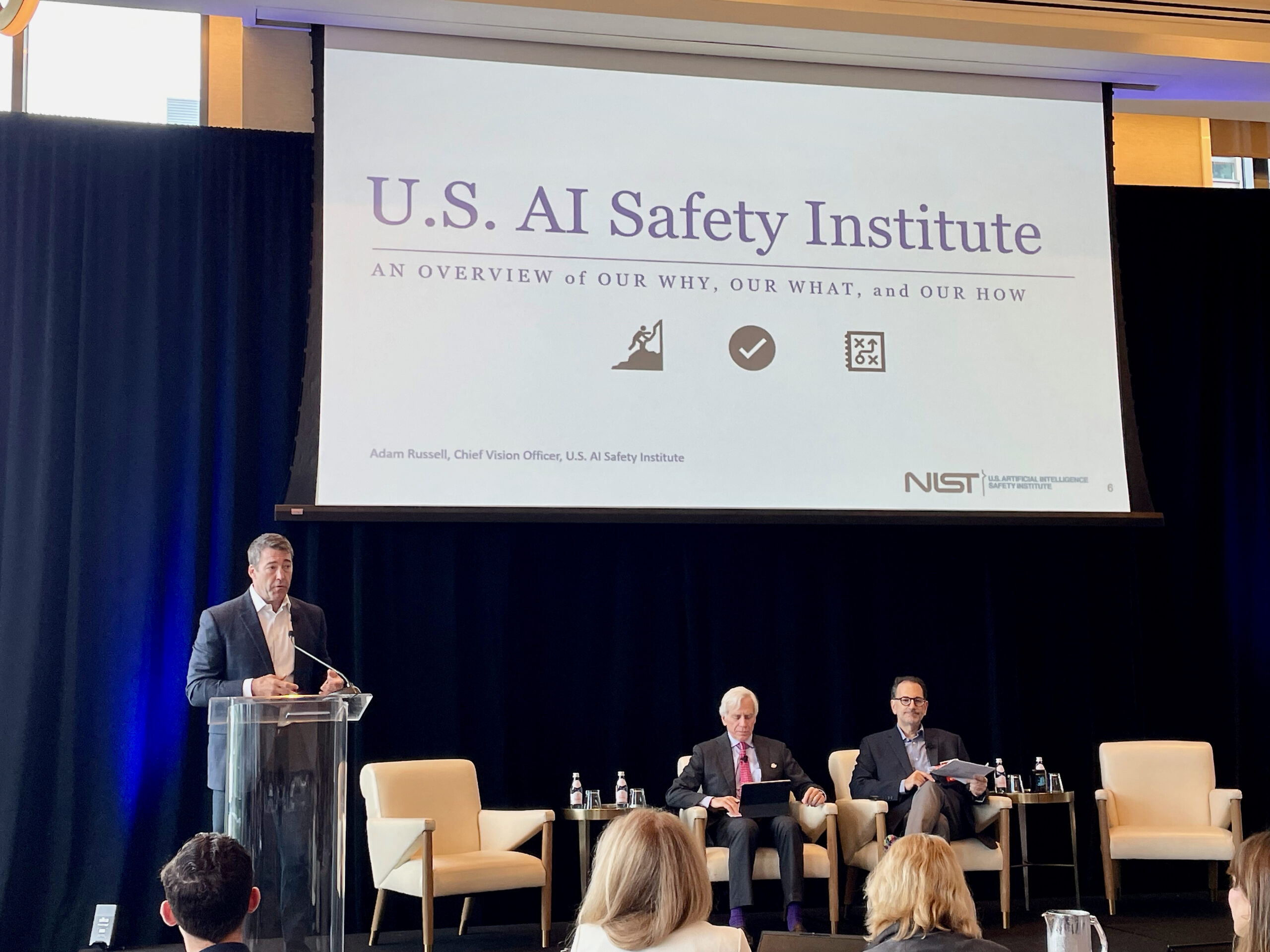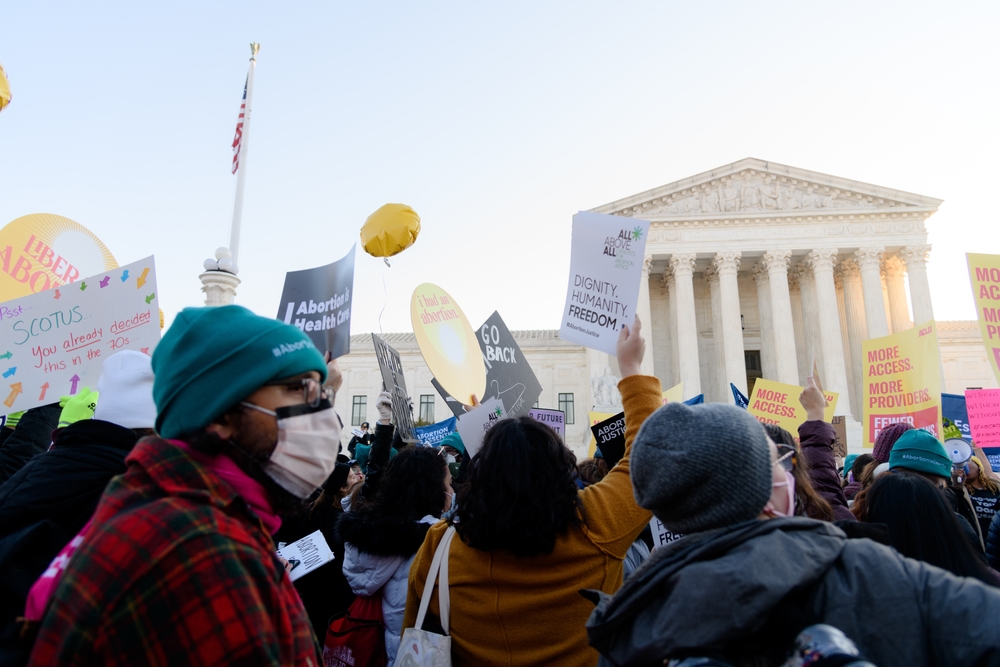
FPF Submits Comments in Response to the United States Department of Transportation’s (DOT), Request for Information on Opportunities and Challenges of AI in Transportation
FPF submitted comments in response to the United States Department of Transportation’s (DOT) Request for Information on Opportunities and Challenges of Artificial Intelligence (AI) in Transportation. In DOT’s work to examine the potential for AI, FPF urges DOT to:

Chevron Decision Will Impact Privacy and AI Regulations
The Supreme Court has issued a 6-3 decision in two long-awaited cases – Loper Bright Enterprises v. Raimondo and Relentless, Inc. v. Department of Commerce – overturning the legal doctrine of “Chevron deference.” While the decision will impact a wide range of federal rules, it is particularly salient for ongoing privacy, data protection, and artificial […]

AI Forward: FPF’s Annual DC Privacy Forum Explores Intersection of Privacy and AI
The Future of Privacy Forum (FPF) hosted its inaugural DC Privacy Forum: AI Forward on Wednesday, June 5th. Industry experts, policymakers, civil society, and academics explored the intersection of data, privacy, and AI. In Washington, DC’s southwest Waterfront at the InterContinental, participants joined in person for a full-day program consisting of keynote panels, AI talks, […]

Comprehensive Privacy Anchors in the Ocean State
On June 25, 2024, Governor McKee transmitted without signature H 7787 and S 2500, the Rhode Island Data Transparency and Privacy Protection Act (RIDTPPA), making Rhode Island the nineteenth state overall and the seventh state in 2024 to enact a comprehensive privacy law. The law will take effect on January 1, 2026, and the majority […]

FPF Statement on the Revised American Privacy Rights Act (APRA)
FPF’s CEO Jules Polonetsky gives a statement on the revised American Privacy Rights Act (APRA).

The,United,States,Capitol,Building,With,The,American,Flag,Flying
the,united,states,capitol,building,with,the,american,flag,flying

Top Six Major Privacy Enforcement Trends: A U.S. Legislation Retrospective
Enforcement activity intensifies as U.S. consumer privacy laws continue to evolve and come into effect. In 2023 and 2024 alone, there have been dozens of enforcement actions at the U.S. federal and state levels, some of which reveal or touch on significant throughlines for privacy policy issues, such as what constitutes a privacy violation or […]

Top Six Major Privacy Enforcement Trends: A U.S. Legislation Retrospective
Enforcement activity intensifies as U.S. consumer privacy laws continue to evolve and come into effect. In 2023 and 2024 alone, there have been dozens of enforcement actions at the U.S. federal and state levels, some of which reveal or touch on significant throughlines for privacy policy issues, such as what constitutes a privacy violation or […]

Reproductive Rights Have Been Privacy Rights For 50 Years
About fifty years ago, the U.S. Supreme Court decided a case that would provide the basis for federal privacy protections for reproductive health decisions. The importance of protecting reproductive information and choice, particularly where abortion was concerned, was the basis for Roe v. Wade (1973) and Planned Parenthood v. Casey (1992), which provided women and […]

HHS Rulemaking: Reproductive Health Care
In April 2023, the Department of Health and Human Services Office of Civil Rights (HHS OCR) initiated a Notice of Proposed Rulemaking (NPRM) “To Support Reproductive Health Care Privacy” and “modify existing standards by prohibiting uses and disclosures of [Protected Health Information (PHI)] for criminal, civil, or administrative investigations or proceedings against individuals, covered entities […]
